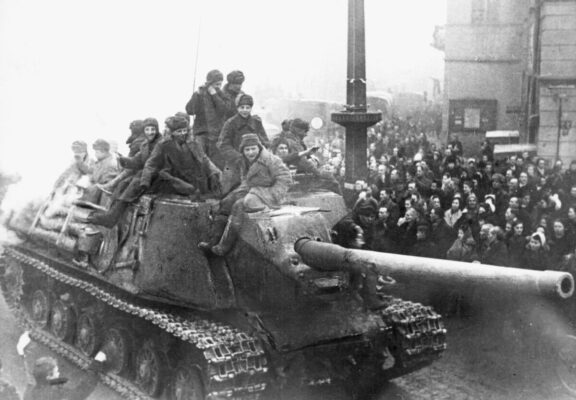
The fall of the Soviet Union lead to severe economic and security challenges for Russia and its former Soviet States. The recent fall of Nagorno-Karabakh to Azerbaijan and evacuation of the historical Armenians in the region was a direct result of Russia no longer challenging for the safety of their religious allies. Russia always took to protecting their Armenian allies, who were under the protection of Russia for generations, and maintained a status quo in the region since 1991. This failure to shield them from religious and ethnic conflict near Russia’s borders in 2023 may be a policy that those living in Russia would have a difficult time supporting.
While the lines in Ukraine seems to have solidified for the time being, the end result of the depletion of Russian forces and influence in regions that once bordered the Soviet Union is significant. Russia suffered greatly from extremist elements of their own after the collapse of the Soviet Union, with the two wars in Chechnya causing great harm and political chaos for Russians in the not too distant past. The Beslan School Massacre and terror attack in the Moscow Theater Siege were some of the most horrific acts of violence against Russian citizens since the Second World War. Much of the issues on Russia’s southern border regions was the motivation for sending in Russian Armed Forces in a multi year operation against ISIS in Syria, ending in a change in operational culture and ethics by Russian soldiers themselves being witness to the brutality of that war. This exposure to excessive violence may have resulted in a mindset that ended with atrocities being committed under the Russian flag in Ukraine.
Recent events in the Middle East will play greatly into the view Russians will have of their own Government in the near future. While Russia produced some of the most advanced technologies and weapons in human history, the purchase of low technology drones from Iran to be used as terror weapons in Ukraine is a strategy that would not be recognizable by their grandparents who liberated many Concentration Camps and won what they call in Russian, The Great Patriotic War. Much of the public support Russia receives for its military in Ukraine comes from the past honours it achieved against liberating Eastern Europe from the Nazis. This historical tradition is one of the main narratives Russia uses as a motivation for the war in Ukraine. Tying themselves to allies that would cause chaos in their southern regions and that have a major role in the current death and kidnapping of Russian nationals is not what past generations would have accepted as a norm for Russia.
While Russia had assumed an assertive, but privately neutral position with all the major powers in the Middle East, it is difficult to see why they would decide to link themselves to narratives that have caused chaos in the past within their own borders and lead to the death of Russians themselves. Russia is still a significant player in their own region and those adjacent, and any actions that pull them towards civilian deaths caused by interests far from their own is something most Russians will remember for generations. These crucial policy decisions can unravel stability very quickly, usually not to the benefit of innocent people. Such events are not unknown to those who grew up in Russia or the former Soviet Union, and can easily become today’s reality.